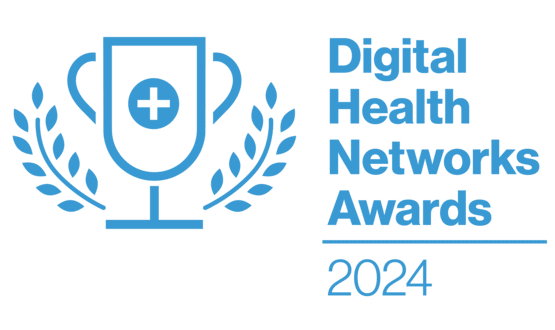Enter the CCG
- 13 January 2014

I’d like to introduce you to Paula. Paula (her real name, and she’s read this) is one of my practice staff.
Like many receptionists, she is bright, savvy, and knows her way around IT as well as most people. She can type, she understands Microsoft Word, and can be creative in Excel.
She knows the administrative systems within the practice and, of course, uses the practice computer system in her daily work.
In informatics terms, I think about her frequently. Whenever we’re introducing a new piece of software or a new way of working, I always ask myself: “How will Paula get on with this?” I’ve said it so often that I’ve given it a shorthand title: ‘the Paula Test’.
Will it pass the Paula Test?
Whenever someone tries to persuade us to use some wonderful new software, or to adopt a new way of working, I want to know whether it will pass the Paula Test.
Will she know how to use it? Will she know when to use it? Perhaps most importantly, will she be able to understand the instructions without anyone else’s assistance?
You’d be surprised how often the answer is “no”. This isn’t Paula’s fault, of course. The problem lies with those who are expecting her to use their new program.
Often, they haven’t realised how complex an application it is; or how many technical words they’ve used that aren’t known outside IT circles; or – perhaps worst of all – they’ve introduced a whole set of acronyms without any form of explanation or glossary.
Or it lies with those who expect Paula to install a new program or upgrade without sufficient, specific, information on how to do it.
‘Insert the CD in the drive.’ Yes – will that be at the workstation or the server (or, in the case of my practice, one or more of the five servers that we use)? And should Paula log-in as a user or a system administrator?
‘Tick this box if you want to use the software in Mode Three.’ What does Mode Three do? More importantly, if we select Mode Three, what will this exclude us from doing? Will Paula know what Mode Three is, or means, or does?
So, there is a problem. It’s not a problem for clinicians and staff; it’s a problem for us – the informaticians, the geeks, the enthusiasts.
Most front-line workers joined the NHS in order to deliver healthcare, not operate computers or process information – and we must recognise and respond to this, at the very deepest level.
The learning process
Then there’s the part that everyone seems to forget: how long will Paula need to learn this new system?
It can take a significant amount of time to become fluent in the use of a fresh application – especially if it consists of a number of different modules, all of which are complicated, and none of which are used all that frequently.
Will Paula have the time to learn the application’s ins and outs, and its foibles, bearing in mind that using the software is just one small part of her overall job?
The clinical equivalent
There is of course the clinical equivalent of Paula — Dr Pauline (or Dr Paul, for that matter – although, in saying this, I should stress that I don’t have my EHI columnist colleague Dr Neil Paul in mind).
Dr Pauline is your average clinician: intelligent, highly trained, and experienced… in medicine. But, again, Dr Pauline didn’t learn medicine in order to do IT. It’s just a necessary part of her existence, rather like yearly appraisals.
Dr Pauline doesn’t know the buzzwords of IT, and has to be steered through its use in much the same way as a history professor would need guiding when learning how to inject himself with insulin.
Does it pass the Paula test?
So, the Paula Test. When do I use it? All the time. We informaticians and IT specialists need constantly to be aware of Paula and the limitations that she and Dr Pauline bring to our party.
Software, and its installation, either needs to be self-evident to the user, or else highly explained with no part of the process missed out.
Specialist terms should either be defined or avoided; there must be no unexplained acronyms and no assumption of IT or informatics expertise.
This last condition is the hardest. Isn’t it easy to write ‘At the command box, enter…’ without remembering that Paula may well not know what a command box is or does, never mind where to find one?
Some practical aspects
So do your ideas, instructions, software, projects and protocols pass the Paula Test? What’s the simplest way to find out? That’s right – give them to Paula, and see what happens!
How often do you test out your handbooks, your protocols, or your new programs, on the people who are actually going to use them?
If you do, you’ll probably be amazed at how easy it is for otherwise intelligent people to misunderstand things that to the IT expert are perceived as simple concepts or instructions.
The vast majority of front-line NHS staff, particularly but not exclusively the clinicians, joined in order to deliver healthcare. To them, the IT is entirely incidental. We informaticians need constantly to remember this.


Dr John Lockley
Dr John Lockley is clinical lead for informatics at Bedfordshire Clinical Commissioning Group and a part-time GP.




